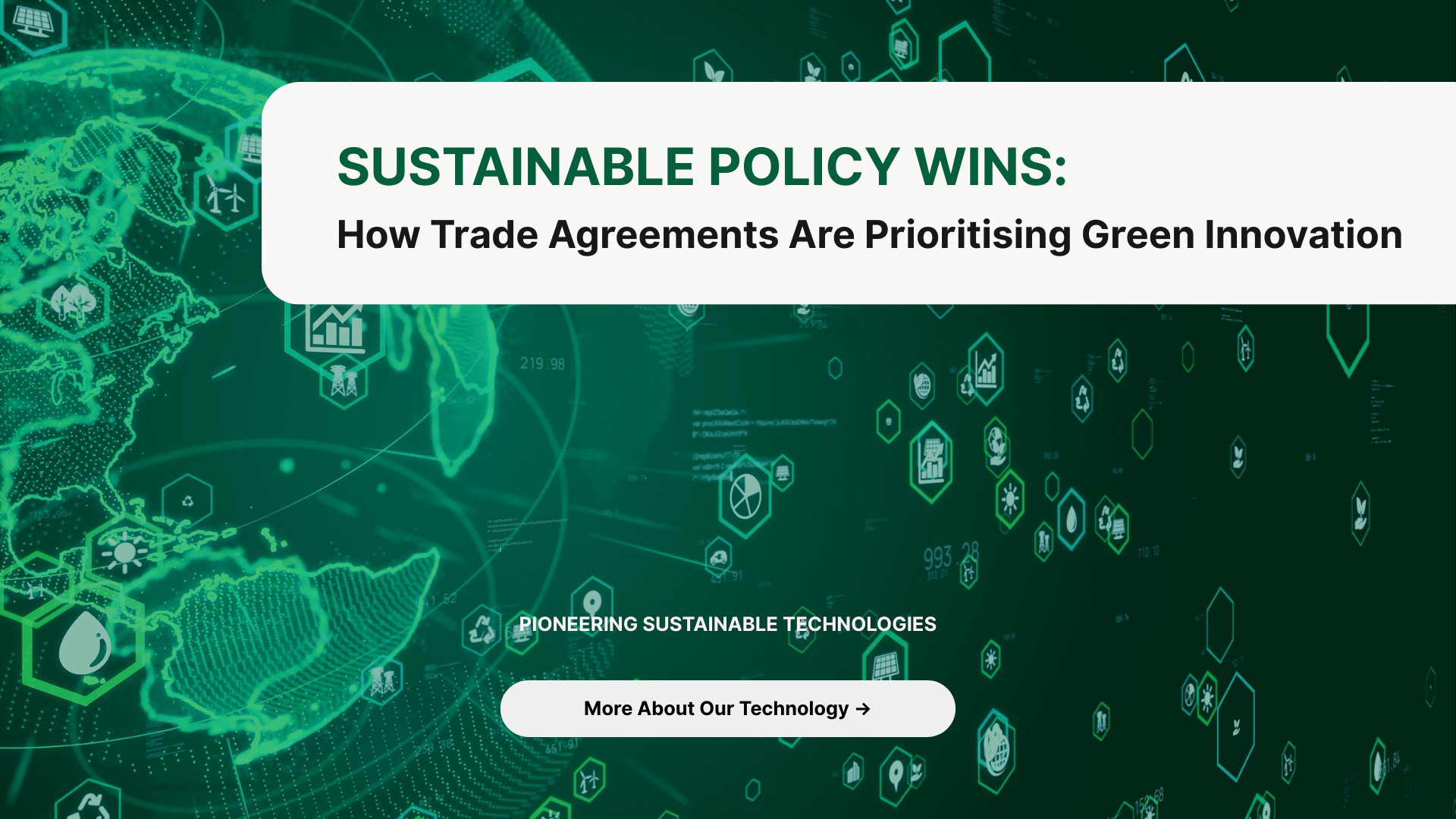As environmental concerns move to the forefront of global policymaking, a new pattern is emerging. Trade agreements are no longer just about tariffs and market access. They are becoming tools to enforce and incentivise sustainable development. For countries like Australia, this shift represents a unique economic and environmental opportunity.
In 2025, several regional and bilateral trade deals began including specific provisions for green technologies. These include lower duties for biodegradable materials, streamlined licensing for eco-certified products, and penalties for goods containing microplastics. This evolution in trade law aligns economic growth with climate action.
The Rise of Sustainability Clauses in Trade
Under the EU Green Deal, all products entering the European market must now comply with strict sustainability labelling and packaging requirements. Australia’s export sector, particularly in food, beverages and consumer goods, must meet these criteria to remain competitive.
The United Kingdom, Japan and several ASEAN nations have also revised their import frameworks to favour biodegradable or plastic-free packaging. This trend is accelerating a global shift toward environmentally responsible product design.
Eco Bottle and the New Trade Landscape
Technologies like Eco Bottle are benefiting from these changes. As the only certified biodegradable bottled water solution in Australia, Eco Bottle aligns with international sustainability benchmarks. It breaks down without releasing microplastics or toxins and meets key packaging criteria under European and Asian import laws.
This enables distributors to access new markets more easily, avoid regulatory penalties and meet Environmental, Social and Governance requirements for global supply chain partners.
Why Trade Policy Now Rewards Innovation
The shift is not just environmental. It is economic. Countries that fail to adapt risk trade exclusion. Those that prioritise sustainable manufacturing gain preferential access and fiscal incentives.
Examples include:
• Tariff reductions for plastic-free goods under bilateral environmental agreements
• Green procurement rules that favour biodegradable inputs
• Carbon border adjustment mechanisms that tax unsustainable production methods
• Harmonised labelling schemes for sustainable products
• Customs prioritisation for certified eco-friendly shipments
For Australian exporters, this creates both pressure and opportunity. Products that cannot prove end-of-life safety will be phased out of high-value markets.
Aligning Business Strategy with Policy Trends
Smart businesses are already repositioning. Manufacturers are shifting to verified biodegradable inputs. Retailers are requesting packaging declarations from suppliers. Exporters are investing in third-party certifications to comply with future-focused regulation.
In this landscape, green compliance is no longer about ethics. It is a requirement for competitiveness and survival. Regulatory foresight is becoming a trade asset.
The Role of International Treaties
Beyond bilateral deals, global frameworks like the UN Plastics Treaty and the WTO Trade and Environment Initiative are embedding sustainability into the legal fabric of international commerce. These frameworks are expected to mandate:
• Full lifecycle transparency for plastic-based goods
• Restrictions on import of non-degradable materials
• Global biodegradability standards
• Reporting obligations for microplastic leakage
The direction is clear. Sustainability is now embedded in the rules that govern global trade.
Australia’s Position in the Global Shift
Australia’s trade infrastructure is evolving. Government grants and tax offsets now support export-ready green technologies. Agencies like Austrade are prioritising clean-tech promotion in Asia and Europe. These shifts position Australian innovators, including Eco Bottle, at the forefront of the biodegradable technology export market.
Eco Bottle’s proven end-of-life safety, landfill biodegradability and microplastic-free design place it squarely within emerging regulatory frameworks. This transforms it from an environmental solution into a commercial advantage.
Key Summary
✓ Global trade agreements now include sustainability compliance for packaging and product safety
✓ Biodegradable goods like Eco Bottle benefit from lower tariffs and easier market access
✓ Non-degradable plastics are facing growing bans, import restrictions and penalty structures
✓ International treaties are embedding plastic transparency and lifecycle reporting into trade law
✓ Australia is adapting its export strategy to prioritise clean technology and eco-certification
✓ Eco Bottle meets new import standards in the EU, UK, Japan and ASEAN markets
✓ Regulatory alignment now drives both environmental impact and commercial opportunity
References
EUROPEAN COMMISSION. Green Deal and Sustainable Product Regulation. 2024.
AUSTRALIA DEPARTMENT OF FOREIGN AFFAIRS AND TRADE. Eco Export Incentives Brief. 2025.
WORLD TRADE ORGANIZATION. Trade and Environmental Sustainability Initiative. 2024.
UNITED NATIONS. Global Plastics Treaty Working Draft. 2025.
THE GREENER TECH GROUP. Eco Bottle Certification Report. 2025. Internal document.

